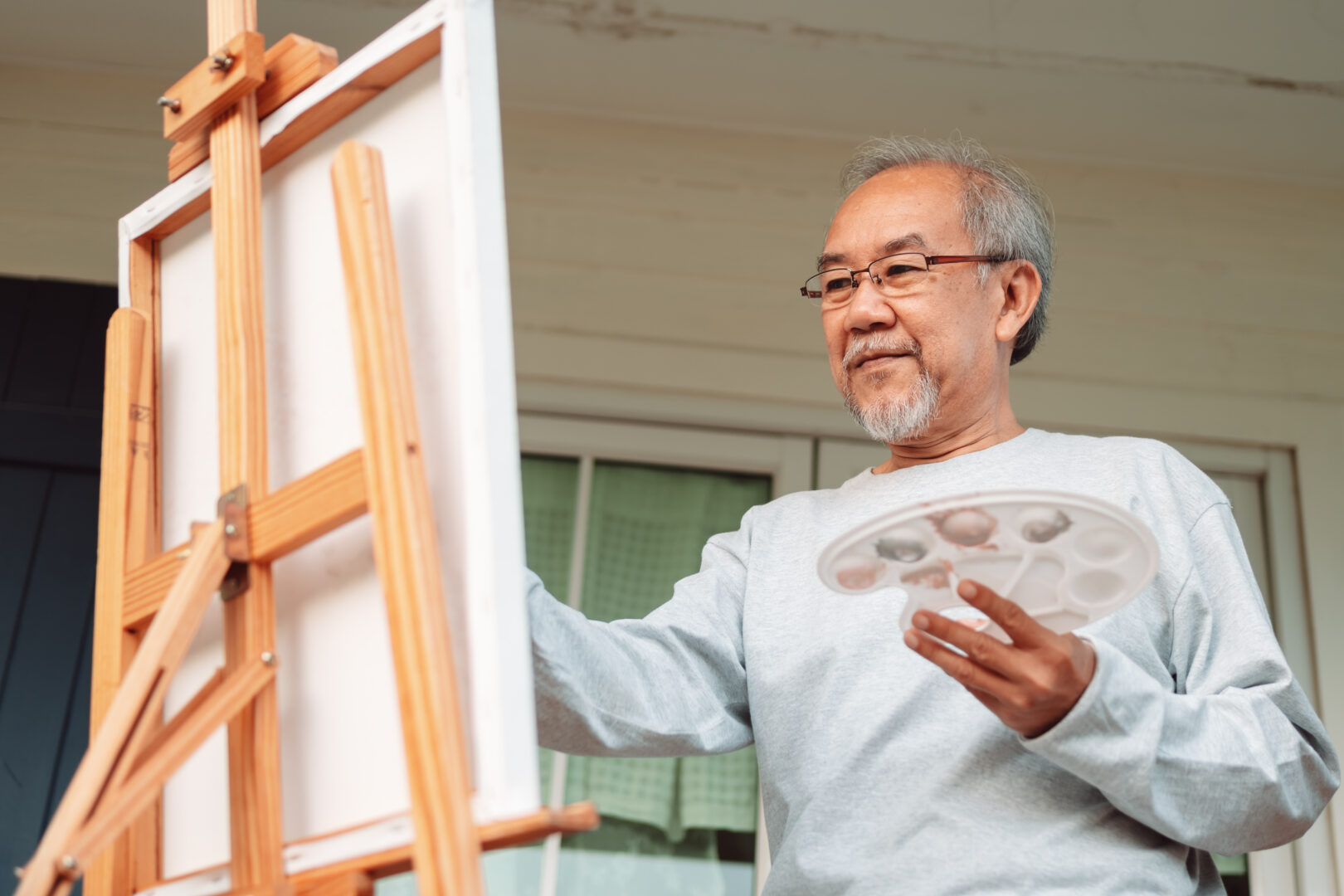Social activities are an important aspect of healthy aging, especially for seniors who may experience social isolation and loneliness. Participating in social activities has been found to provide several health benefits for seniors, including reducing depression and loneliness, promoting physical activity, and boosting cognitive function.
In this article, we will explore the different types of social activities for seniors, such as exercise and fitness classes, arts and crafts classes, social clubs and groups, volunteer work, travel groups and tours, and technology and social media classes.
Health Benefits of Social Activities for Seniors
Engaging in social activities offers numerous health benefits for seniors. Firstly, it helps combat feelings of loneliness and isolation, which are prevalent among older adults and can lead to various physical and mental health issues. Social interactions enhance emotional well-being, boost mood, and reduce the risk of depression and anxiety.
Reducing depression and loneliness
Social isolation and loneliness can have negative effects on seniors' mental health and well-being, leading to depression and anxiety. Notably, leading researcher Julianne Holt-Lundstad found that loneliness can increase the risk of mortality by 50%—higher than the effects of air pollution, obesity, and excessive alcohol use.
Participating in social activities provides seniors with an opportunity to connect with others, build friendships, and feel a sense of belonging. Social interactions can also provide emotional support and reduce feelings of loneliness and isolation, which in turn can help alleviate symptoms of depression and anxiety.
Promoting physical activity
Participating in social activities often involves physical activity, such as walking, dancing, or gardening, which can have numerous health benefits for seniors. Regular physical activity can help seniors maintain mobility, reduce the risk of falls, and improve overall physical fitness. Additionally, engaging in physical activity with others can be more enjoyable and motivating, making it more likely that seniors will stick with their exercise routine.
Boosting cognitive function
Social activities can also have a positive impact on seniors' cognitive function. Social interactions provide mental stimulation and challenge the brain to think in new and different ways. Participating in activities that involve problem-solving, memory recall, or learning new skills can help keep seniors' brains sharp and improve cognitive function. Additionally, social engagement has been linked to a reduced risk of cognitive decline and dementia.
Types of Social Activities for Seniors
Staying socially engaged and active plays an essential role in maintaining the overall well-being of seniors. A diverse range of activities can cater to various interests and preferences, promoting physical health, mental stimulation, and a sense of community. These activities range from exercise and fitness classes to arts and crafts, social clubs and groups, volunteer work, travel groups and tours, and technology and social media classes. These various social activities not only help seniors remain connected with their communities but also provide opportunities for lifelong learning, personal growth, and enjoyment.
Arts and crafts classes
Arts and crafts classes are another popular social activity for seniors, providing an opportunity for creativity and self-expression. Classes may include painting, drawing, pottery, knitting, quilting, or jewelry-making. These classes can help seniors develop new skills and hobbies while also providing an outlet for social interaction and community building.
Social clubs and groups
Social clubs and groups bring together individuals who share similar interests, such as book clubs, gardening clubs, or bridge clubs. These groups often meet on a regular basis, providing a consistent opportunity for social interaction and the development of new friendships.
Volunteer work
Volunteer work is a great way for seniors to give back to their community while also staying active and engaged. Opportunities for volunteer work may include serving meals at a local soup kitchen, tutoring children, or working in a community garden. Many organizations rely on volunteers to help run their programs, making it easy for seniors to get involved and make a difference.
Travel groups and tours
Travel groups and tours provide seniors with an opportunity to explore new places and cultures while also socializing with others. These trips may be organized by a senior center or travel agency and may include domestic or international destinations. Traveling with a group can provide a sense of security and companionship, making it an ideal social activity for seniors.
Technology and social media classes
Technology and social media classes can help seniors stay connected with family and friends while also learning new skills. Classes may include how to use a computer, how to navigate social media platforms like Facebook and Twitter, or how to use video conferencing software like Zoom. These classes can help seniors feel more connected to their loved ones and provide an opportunity to learn new things.

Tips for Seniors to Stay Engaged in Social Activities
Maintaining an active social life is crucial for seniors, contributing to their overall well-being and quality of life. However, some may find it challenging to stay engaged or know where to start. The following tips offer guidance on how seniors can stay connected and involved with their community.
These include finding activities that align with personal interests, attending events with a friend for mutual support, making use of local resources, embracing technology, and considering joining a senior or community center. With these strategies, seniors can navigate the wealth of social activities available to them and maintain a fulfilling and active social life. Let's delve deeper into these tips for seniors to stay engaged in social activities.
Find activities that match your interests
It's important for seniors to find social activities that they enjoy and that match their interests. This could be anything from a book club to a fitness class or a volunteer opportunity. When seniors participate in activities that they find interesting and enjoyable, they are more likely to stay engaged and motivated.
Attend events with a friend
Attending social events with a friend can help seniors feel more comfortable and confident. Having a friend to talk to and share experiences with can make social activities more enjoyable and help seniors form deeper connections with others.
Join a senior center or community center
Senior centers and community centers often offer a variety of activities for seniors, including fitness classes, educational programs, and social events. Joining a center can provide seniors with a consistent schedule of activities to participate in and a sense of community.
Take advantage of local resources
Many communities offer resources for seniors, such as transportation services, meal programs, and senior centers. Seniors should take advantage of these resources to make it easier to participate in social activities and stay engaged in their community.
Use technology to stay connected
Technology can be a powerful tool for seniors to stay connected with friends and family members who live far away. Social media platforms, video chat services, and messaging apps can all help seniors stay in touch and participate in virtual social activities.
In conclusion, social activities offer a multitude of benefits for seniors. They can help reduce depression and loneliness, promote physical activity, boost cognitive function, and provide a sense of community and belonging. There are many types of social activities available for seniors, including exercise and fitness classes, arts and crafts classes, social clubs and groups, volunteer work, travel groups and tours, and technology and social media classes.
Seniors can also take advantage of tips to stay engaged in social activities, such as finding activities that match their interests, attending events with a friend, joining a senior or community center, taking advantage of local resources, and using technology to stay connected. By participating in social activities, seniors can improve their overall health and quality of life, and stay connected with their community and loved ones.





